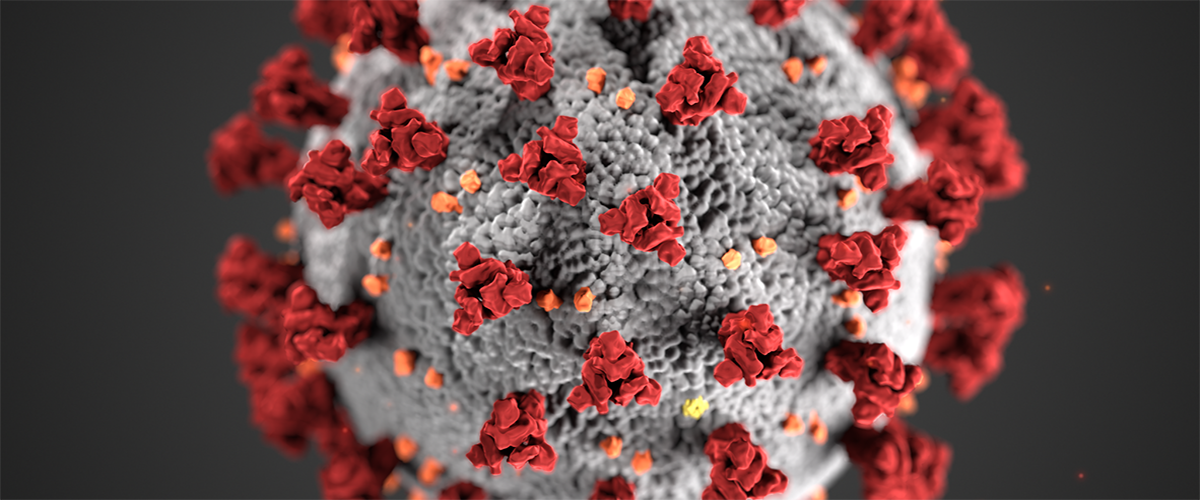Community Engagement COVID Policing July 13, 2020
The prolonged outbreak of COVID-19 has drawn attention to the importance of integrating a public health framework to criminal justice system responses. In recent weeks, the need for this approach has only become greater following increases in arrests, particularly of protesters, in jurisdictions aiming to reduce jail populations as a response to increased health risks from COVID-19.
As a strategic ally in the Safety and Justice Challenge, the Association of Prosecuting Attorneys has partnered with a wide array of criminal justice stakeholders, including the National Association of Criminal Defense Lawyers, the Center for HIV Law & Policy, and Community Oriented Correctional Health Services, to call for a public health-oriented approach to the COVID-19 crisis. You can read the principles here. Our key recommendations include releasing people who are incarcerated in compliance with clear public health recommendations and established public safety release criteria; limiting new admissions; addressing violations of COVID-19-related directives, such as the use of protective gear and social distancing, in a manner that is consistent with public health considerations rather than criminalization; drawing inspiration from existing innovations that promote the integration of public health priorities into the justice system; and making connections among public health organizations, researchers, and criminal justice stakeholders.
Two examples of SJC sites which have innovated to promote the integration of public health priorities into the justice system are Pennington County, South Dakota, and Deschutes County, Oregon:
- Pennington County’s “Care Campus” centralizes social services with a single point of entry in a co-located campus that streamlines everything, allowing individuals to immediately get the help they need. It houses a detox treatment, Safe Solutions program, Crisis Care Center, Quality of Life Unit, and Pennington County Health and Human Services, under one roof. The complex houses residential alcohol and drug treatment services, too. Individuals facing a crisis can walk in and do not need to wait for police to intervene. A recent study showed that 64 percent of admitted individuals were self-referred. This facility reduces the burden on the justice system and does not saddle people who need help with a criminal record.
- Deschutes County’s “Clean Slate Program” allows individuals the opportunity to remove arrest from their record and access a variety of services—including medical care and drug treatment—if they’re arrested or cited with possession of a controlled substance. Participants have the opportunity to meet with defense counsel privately to discuss their case and determine if they want to participate. The goal of this program is to identify the best intervention for each individual and shift the response strategy, providing a direct connection to health care and substance abuse treatment that could generate better sobriety and health outcomes.
Adopting a public health framework to inform public safety decisions is a critical intervention that has been successfully used by many public safety agencies in response to COVID-19, and should endure beyond this current crisis.
On behalf of our thoughtful and proactive prosecutors, we’re proud to partner with public health and safety stakeholders to develop key recommendations for a public health-oriented approach to the safety of incarcerated individuals, staff and our communities to keep all safe and healthy. The multi-disciplinary team of experts stand ready to provide resources and technical assistance to jurisdictions around the country who are creating actionable proposals to address these issues. These resources include, for example:
- Experts in development of successful public health/criminal justice interventions;
- Infectious disease experts and consultants within health departments across the country;
- Criminal law legislative and administrative law experts; and
- Experts in diversion programs and alternatives to incarceration.
We encourage jurisdictions looking to develop and implement actionable proposals for a public health framework for their criminal justice system response to pandemics such as COVID-19 to contact us for assistance and to be connected with our network of experts.
—Marlene Biener is Deputy General Counsel with the Association of Prosecuting Attorneys


